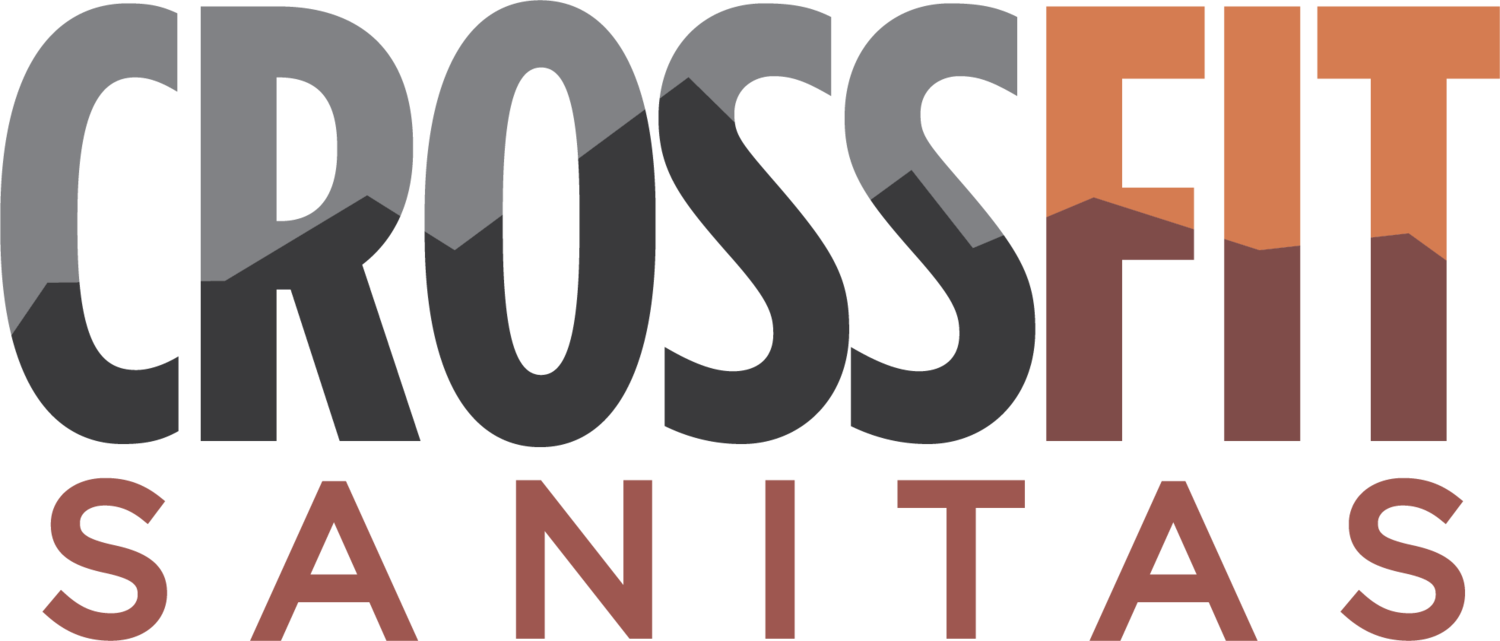The Importance of Sleep for Athletes
We try to excuse away sleep so often because it's a "waste of time" but in all reality, sleep is one of the most crucial elements of overall health, and is vital for reducing stress, burning fat, building muscle and preventing soreness.
Tissue Repair and Growth
Every work out causes tissue damage. Luckily, tissue damage isn’t a bad thing. The healing of muscle tissue after workouts is what builds strength. In order to repair and grow tissue you need growth hormones, BUT you produce the majority of your growth hormones while you sleep. So, if you’re not getting enough sleep the damage you do during your workouts can’t be repaired and you end up accumulating tissue damage. The more damage you acquire the harder it is for your body to catch up. To stay on top of your tissue repair you need to consistently get enough sleep.
Weight Control
If you’re sleep deprived you are more likely to gain weight. In addition to being less likely to work out while you’re tired, your hormone production is greatly affected by your sleeping habits.
Your body produces leptin, an appetite suppressing hormone, while you sleep. When your leptin levels fall you will have increased levels of hunger and cravings for high calorie foods. Growth hormones are also produced during sleep and are key to regulating your metabolism. Without these hormones you are fighting a losing battle against weight maintenance.
Lower Risk of Injury
Being sleep deprived during a WOD can result in more than a bad workout. Our reactions times, attention to detail and energy levels are drastically affected by fatigue.
Injury can easily be prevented. Using good form during lifts and knowing your limits are key factors to ensure your safety. However, when we are tired, we are actually less capable than we would be if we were rested. This means that we may overestimate what we should be doing. You may also stop paying as much attention to the details of your form due to your fatigue, which could result in a poorly executed lift.

